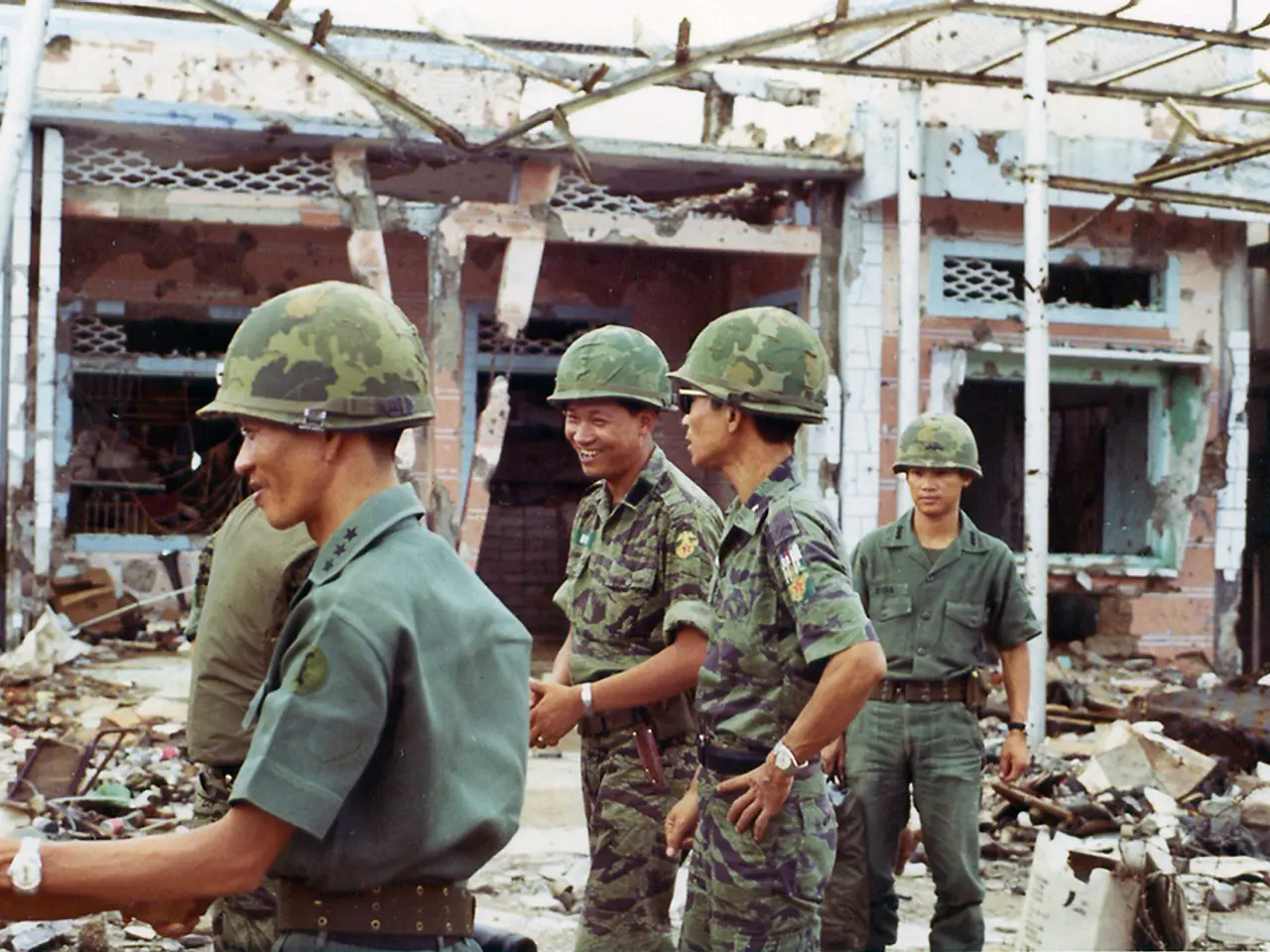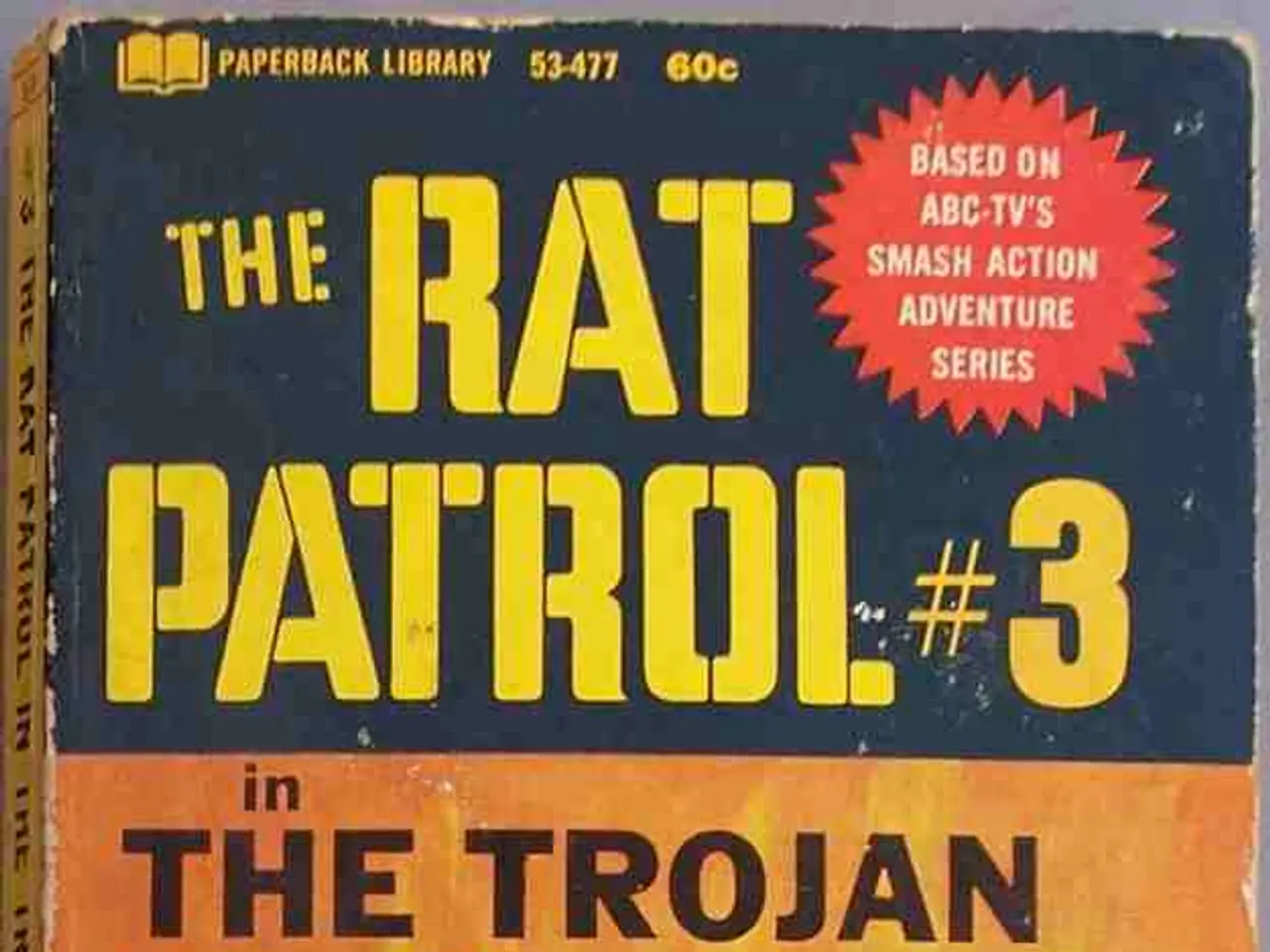"Former diplomat Rakesh Sood highlights two preferences of President Trump: tariffs and consideration for the Nobel Prize"
The United States has recently imposed a 50% tariff on Indian goods, citing national security and foreign policy concerns, particularly regarding India's ongoing imports of Russian oil. This move has sparked a wave of discussions, with analysts and experts offering insights into the possible reasons behind this decision.
According to former Indian diplomat Rakesh Sood, President Trump's frustration over India not acknowledging his role in brokering a ceasefire between India and Pakistan may have partly motivated the increased tariffs on Indian goods. Trump had publicly expressed his desire for the Nobel Peace Prize and claimed credit for brokering peace deals, such as the Abraham Accords. However, India officially denies US involvement in the ceasefire and rejects any linkage of the ceasefire to trade negotiations.
India's stance on buying Russian oil and refusing to give credit to US mediation seems to have been a significant factor in the tariff decision. Trump has been known to impose tariffs on countries that do not align with his policies, and this seems to be the case here. Analysts interpret this as Trump being upset with India for rejecting his role publicly, leading to punitive trade actions. India, along with China, engages in similar trade with Russia, but India is the only country facing such penalties.
Prime Minister Narendra Modi and Brazilian President Luiz Inacio Lula da Silva discussed regional and global issues of mutual interest in a recent call. The leaders reaffirmed the importance of defending multilateralism and exploring possibilities for greater integration between the two countries. India and Brazil have navigated similar situations in the past, and cooperation among developing countries like Brazil and India would be important in facing tariffs.
Former Foreign Secretary Shyam Saran emphasized the need for continued negotiations on the trade deal and advised against panicking. The US State Department also mentioned that the dialogue with India "will continue". Prime Minister Modi expressed commitment to deepening the Strategic Partnership between the two countries, particularly in trade, energy, tech, defense, health, and more.
China voiced its opposition to the US announcement of tariffs against India, calling it an 'abuse of tariffs'. The White House has claimed securing a ceasefire between India and Pakistan among the list of Trump's foreign policy victories. However, India maintains that no leader in the world told India to stop Operation Sindoor, carried out in response to the Pahalgam terror attack.
In the face of these tariffs, India remains resilient, emphasizing the importance of its relationships with global partners. The ongoing dialogue between the US and India is expected to continue, with both countries working towards a mutually beneficial relationship.
- The ongoing tariff dispute between the United States and India, prompted by the latter's import of Russian oil and its stance on US mediation, has triggered a heated health-news-and-opinion debate, with experts discussing the potential political and policy-and-legislation ramifications.
- Despite the imposed tariffs, India is continuing to foster stronger relationships with global partners, such as Brazil, demonstrating a resilience in interdependent global general-news relations.
- The potentially punitive trade actions between the US and India appear to be a reflection of President Trump's political frustrations over India's rejection of his role in brokering the ceasefire between India and Pakistan, a matter of significant international news and politics.







